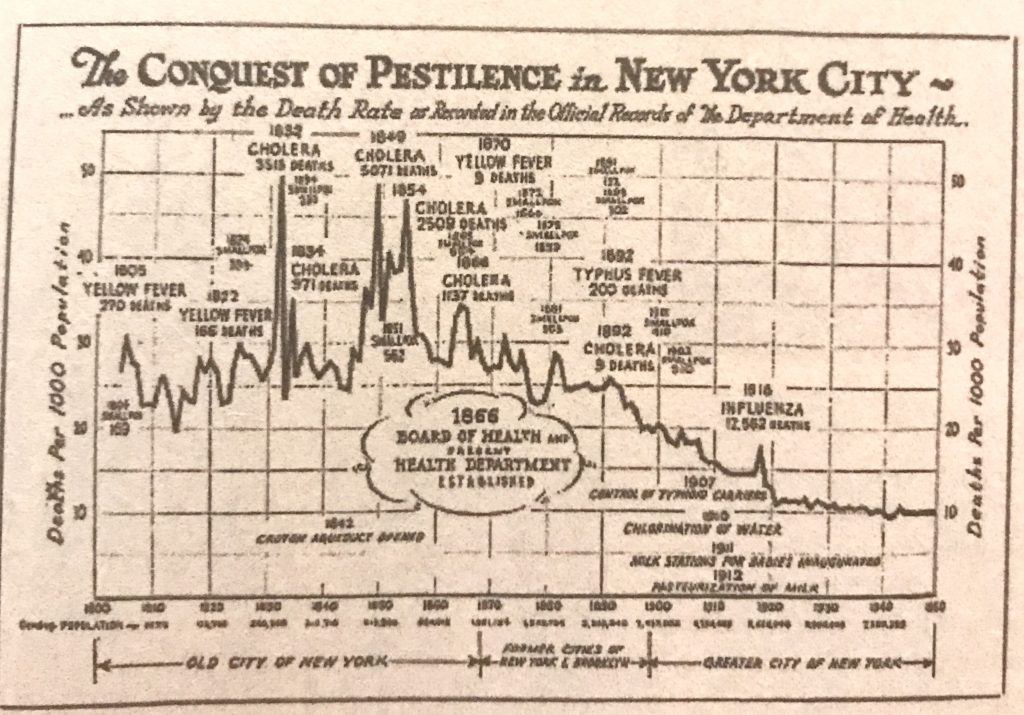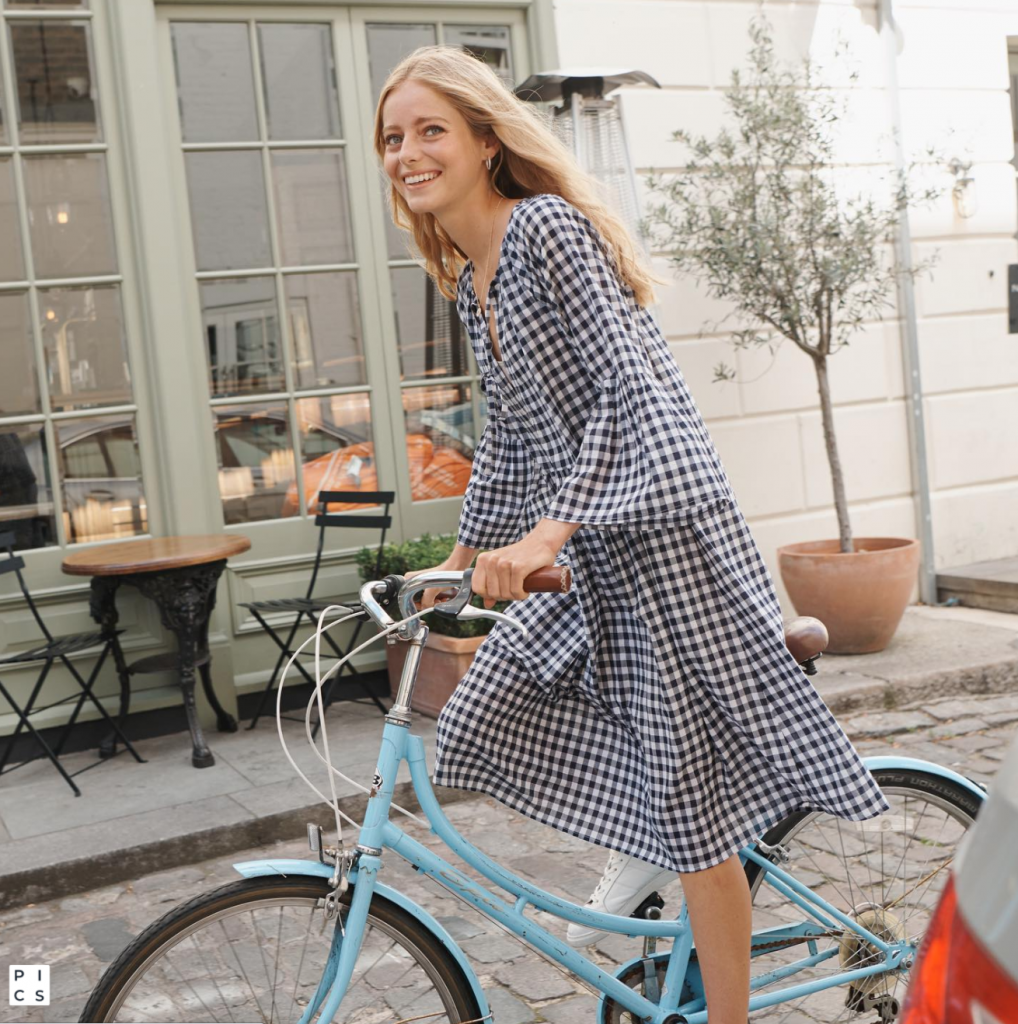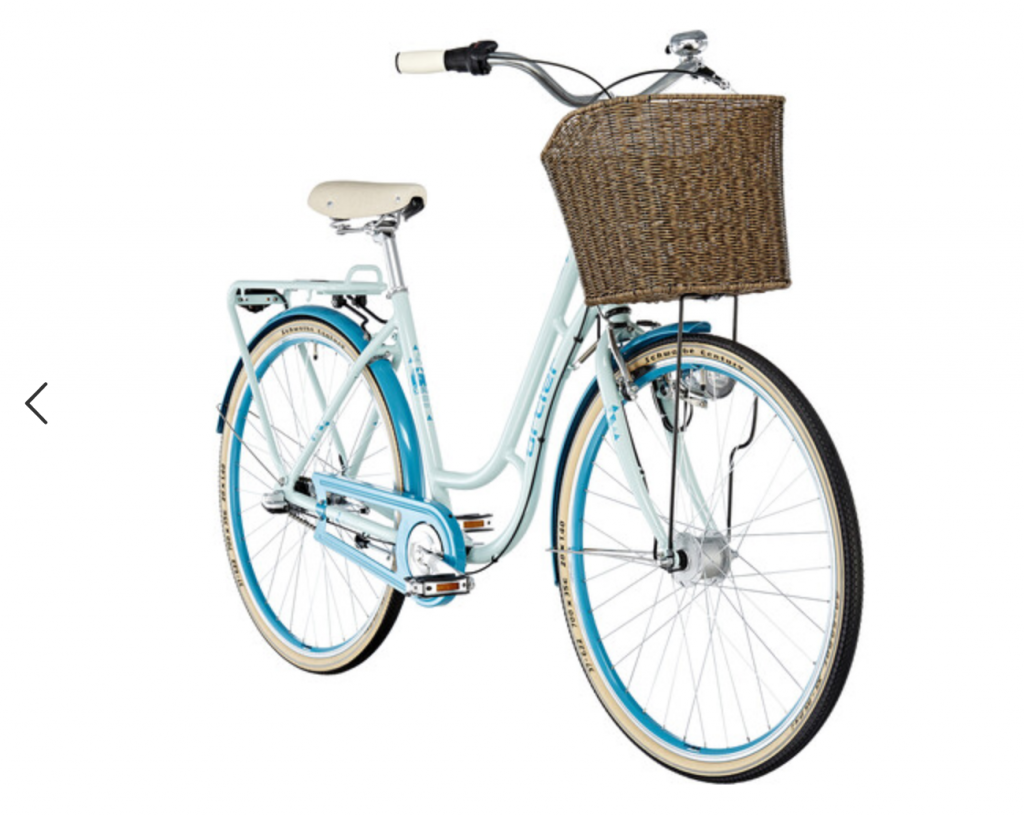The father of skyscrapers, A.E. Lefcourt built the first 31 high towers in NY, leveraging newly available steel frames and Ottis elevators to became a billionaire developer. Alas, he kept building tall offices during the Great Recession, lost everything and died in 1932, with less than 2,500 $ in the bank. In Detroit, Mayor Jerome Cavanagh, who tried to stop exodus of manufacturing by building large amount of tall buildings, kept adding unwanted office space in already empty city in late 60ties. It ended up in riots, as local hopes were dashed by lack of work (surprisingly, new buildings don’t create jobs all by themselves). Now London seems hell bend on repeating these tragedies with the new “Property Developers Charter” that ends Section 106 and CIL, to encourage developers to just keep building office and retail buildings in already emptying London as companies switch to home working. Adding extra decks on Titanic to keep heads above water comes to mind.
Travel is dead, long live virtual travel
Since 2005, explosion in travel helped to create more than 1 in 10 of all new jobs, 330 mln worldwide and a big chunk of it in capital cities, attracting both business and tourist travel. Now US travel is down by 51%, with UK even more affected as EU countries attracting most British tourists have closed their borders to Covid-spreading Brits. This means drop of 8mln travel-related jobs in US and nearly 2.5mln in UK, none of them coming back anytime soon. Retail around travel has already started pairing down, with WHSmith cutting 1500 jobs, warning with many more to come. One silver lining, that for those still at work, is that their commute by Zoom is CO2 free.

End of office as a people-storage device
We had 6 months of home isolation and some people have already forgotten how ineffective they were in the office, penning nostalgic sonnets in “praise of commuting”. However, Nicolas Bloom’s study (Standford University) from 2018 found clearly what we already realised, that remote workers were massively more productive, worked longer hours, took less break, had better retention ratio and took less time off. Less car fumes on the roads is not a small benefit either for remote office workmode. Before Internet came around, office workers had to be physically present to share their knowledge, with tiredness of commute, negative environmental impact of tall office buildings and germ spreading, all a high price to pay for this mythical ‘face-to-face’ coworking.
Today we store our domain knowledge on virtual servers, making it accessible to anyone who can use Dropbox, Asana, chat on Slack or swap stories on Remo’s virtual sofas. Last week saw the launch of entirely green Cloud Computing option on Hydro66 Green Cloud, where your office datacentre can be powered by green hydro energy and stay environmentally neutral (not something that can be said about Amazon Web Services with only 12% of renewable power used).
Our office work is virtual already, business takes place in our connected minds, not in high maintenance office buildings with thousands of square meters of glass windows that need heating or aircon. Data centres are the new offices, a win-win for the planet and the workers.
UK is a long way down in improving CO2 emissions, Hydro Green Cloud is a good place to start fixing it. Forget office as people-storage, just get them virtual office space in green datacentres.

Something in the air
New York’s mortality fell rapidly after 1866 when Board of Health was established and clean water introduced. Cholera stopped it’s lethal spread and ‘pestilence was conquered’. Today Covid19, airborn transmission disease, is pushing retailers and office managers to look at improving air quality for their clients and workers Widening settings on your office air-con to increase external air inflow may be one mitigation tactic. Providing portable Hepa filters would help too as they absorb polluted air. New sensors from AirRated.co can help to measure your office/shop air quality and Metrikus.io software-cum-sensors offers air-quality dashboard, both reasonably priced tools. Frankly, anything that can filter respiratory droplets particles of 5-10 microns gets our vote. Next move – fundraise for your local schools to help them equip their buildings with clean air.

20 min city
Even before the plague, Melbourne led on 20min city concept, where everything you need is in biking or walking distance. Covid has pressed all city planners to focus on that goal, as it removes the risk of long commute on crowded, highly risky public transport.

Retail could easily follow 20min walkable city model with smaller co-working units for the local office workers and compact retail locations/ pop-up showcases for online ordering from tablets. There is even a new fashion label already in town that prides itself on being the answer to our 20min city, from Nrby Clothing, casual but nice, it is perfect for those short biking trips to local office or to pick up a bottle of Rose Pinot Grigio from the local wine store.

Managing assets or retail? 5 data sources to help you avoid taking bad bets and increasing visibility of what is happening in and around your buildings